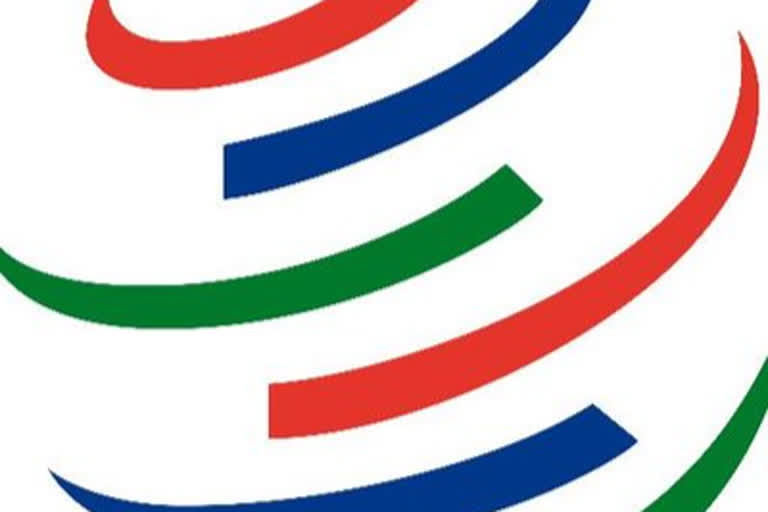New Delhi: India has appealed against a ruling of the World Trade Organisation's trade dispute settlement panel on domestic sugar subsidies, stating that the panel has committed "certain errors of law" in its report, the WTO said on Tuesday.
The appeal was filed by India in the WTO's Appellate Body, which is the final authority on such trade disputes.
"India has notified the Dispute Settlement Body of its decision to appeal the panel reports in the cases brought by Brazil, Australia and Guatemala in 'India - Measures Concerning Sugar and Sugarcane," the WTO said in a statement.
It said that given the ongoing lack of agreement among WTO members regarding the filling of Appellate Body vacancies, there is no Appellate Body division available at the current time to deal with the appeal.
The panel in its ruling on December 14, 2021, recommended India to withdraw its alleged prohibited subsidies under the Production Assistance, Buffer Stock, and Marketing and Transportation Schemes within 120 days from the adoption of this report.
Also Read: Outbreaks, bottlenecks expected to slow global growth in 2022
Ruling in favour of Brazil, Australia, and Guatemala in their trade dispute against India over New Delhi's sugar subsidies, the WTO panel has stated that the support measures are inconsistent with WTO trade rules.
In its submissions to the Appellate Body, India has appealed and requested the body to "reverse, modify, or declare moot and of no legal effect, the findings, conclusions, rulings and recommendations of the Panel", with respect to certain "errors of law or legal interpretation contained in the panel report".
India has sought review of the panel's finding that the scheme for providing assistance to sugar mills for expenses on marketing costs, including handling, upgrading and other processing costs and costs of international and internal transport and freight charges on the export of sugar for the 2019-20 sugar season (MAEQ Scheme), is within its terms of reference.
"The Panel grossly errs in holding that the MAEQ Scheme is of the same essence as other alleged export subsidies identified in the complainants' requests for the establishment of a panel. India considers that the Panel has cherry-picked a few broad similarities while ignoring the differences between MAEQ and the other alleged exports subsidy measures," according to a communication of India, circulated to members.
New Delhi has also said that the panel has erred in finding that India's fair and remunerative price and state advised price constitute market price support under the WTO's agreement of agriculture.
In 2019, Brazil, Australia, and Guatemala dragged India into the WTO's dispute settlement mechanism alleging that New Delhi's domestic support measures to producers of sugarcane and sugar and export subsidies are inconsistent with global trade rules, including various provisions of the WTO's Agreement on Agriculture, Agreement on Subsidies and Countervailing Measures, and the General Agreement on Trade and Tariffs (GATT).
PTI



